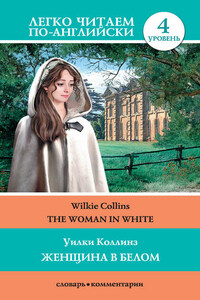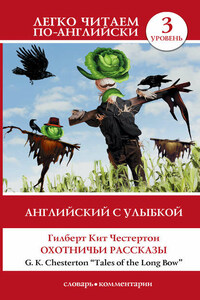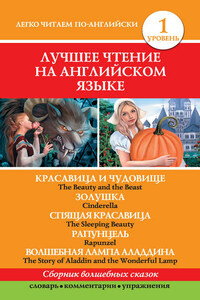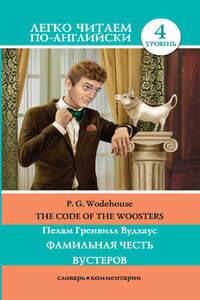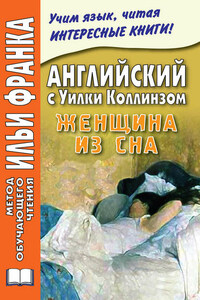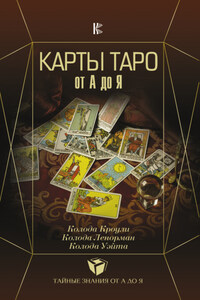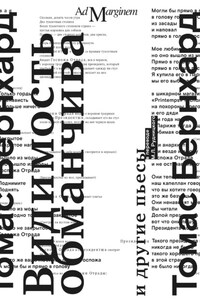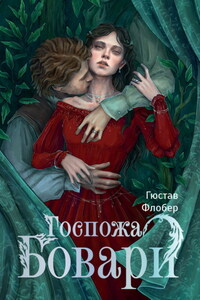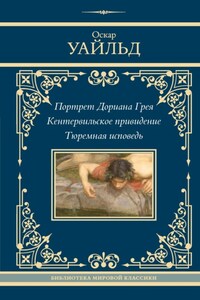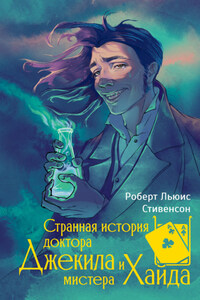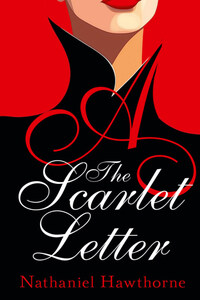The Story Begun by Walter Hartright[1] (of Clement’s Inn,[2] Teacher of Drawing)
One day I received a letter. Frederick Fairlie, Esquire, of Limmeridge House, Cumberland,[3] wanted to hire a competent drawing-master, for a period of four months.
The master was to superintend the instruction of two young ladies in the art of painting in water-colours;[4] and he was to devote his leisure time, afterwards, to the business of repairing and mounting a valuable collection of drawings. Four guineas a week was the salary!
“Oh, Walter, your father never had such a chance as this![5]” said my mother, when she had read the letter and had handed it back to me.
This teacher would live at Limmeridge House with the family. I knew I was very lucky to get this job. Teaching the young ladies would be easy and pleasant, and the pay and working conditions were excellent.
The next morning I sent my papers. Three days passed, and on the fourth day, an answer came. It announced that Mr. Fairlie accepted my services, and requested me to start for Cumberland immediately. All the necessary instructions for my journey were carefully and clearly added in a postscript.
The heat had been awful all day, and it was now a close and sultry night. The moon was full and broad in the dark blue starless sky. I decided to walk. I wound my way down slowly over the heath. By the time I had arrived at the end of the road I had become completely absorbed in my own fanciful visions of Limmeridge House, of Mr. Fairlie, and of the two ladies whose practice in the art of water-colour painting I was so soon to superintend.[6]
I had now arrived at the point where four roads met – the road to Hampstead,[7] along which I had returned, the road to Finchley,[8] the road to West End, and the road back to London. I had mechanically turned in this latter direction. Suddenly I felt the touch of a hand laid lightly and suddenly on my shoulder from behind me.
There, in the middle of the broad bright wide road stood the figure of a solitary Woman, dressed from head to foot in white garments. The strange woman spoke first.
“Is that the road to London?” she said.
I looked attentively at her. It was then nearly one o’clock. There was nothing wild, nothing immodest in her manner: it was quiet and self – controlled. The voice had something curiously still and mechanical in its tones, and the utterance was remarkably rapid. She held a small bag in her hand: and her dress – bonnet, shawl, and gown all of white – was certainly not composed of very delicate or very expensive materials. I guessed her to be about twenty-two years old.
“Did you hear me?” she said, still quietly and rapidly. “I asked if that was the way to London.”
“Yes,” I replied, “that is the way: it leads to St. John’s Wood[9] and the Regent’s Park.[10] You must excuse me; I didn’t see you until you touched me. You gave me quite a shock.”
“I did not do anything wrong, I have met with an accident[11] – I am very unfortunate.”
She spoke with unnecessary earnestness and agitation. She turned, and pointed back to a place at the junction of the road to London and the road to Hampstead, where there was a gap in the hedge.
“I was hiding among those trees,” she said. “I heard you coming. I was afraid to speak to you until I had seen your face. When I saw that your face was kind, I followed you and touched you. Will you help me?”
Touch me? Why not call to me? Strange, very strange.
“May I trust you?” she asked. “I have met with an accident.” She stopped in confusion; and sighed bitterly.
The helplessness of the woman touched me.
“Please,” I said. “If it troubles you to explain your strange situation to me, don’t do it. I have no right to ask you for any explanations. Tell me how I can help you; and if I can, I will.”
“You are very kind, and I am very, very thankful to have met you. I have only been in London once before,” she went on, more and more rapidly, “and I don’t know London very well. But I have a friend here, a lady, who will be very glad to see me. I can stay with her but I need to carriage to take me to her house. Can you help me find one? Will you promise?”
She looked anxiously up and down the road; shifted her bag again from one hand to the other; repeated the words, “Will you promise?” and looked hard in my face.
What could I do? No house was near; no one was passing whom I could consult.
“Are you sure that your friend in London will receive you at such a late hour as this?” I said.
“Quite sure. But you must leave me when I tell you. Will you promise?”
As she repeated the words for the third time, she came close to me and laid her hand on my bosom – a thin hand; a cold hand (when I removed it with mine) even on that sultry night. Remember that I was young; remember that the hand which touched me was a woman’s.
“Will you promise?”
“Yes.”
We set our faces towards London, and walked on together in the first still hour of the new day – I, and this woman, whose name, whose character, whose story, whose objects in life, whose very presence by my side, at that moment, were mysteries to me. It was like a dream. Was I Walter Hartright? Who was this mysterious woman?
